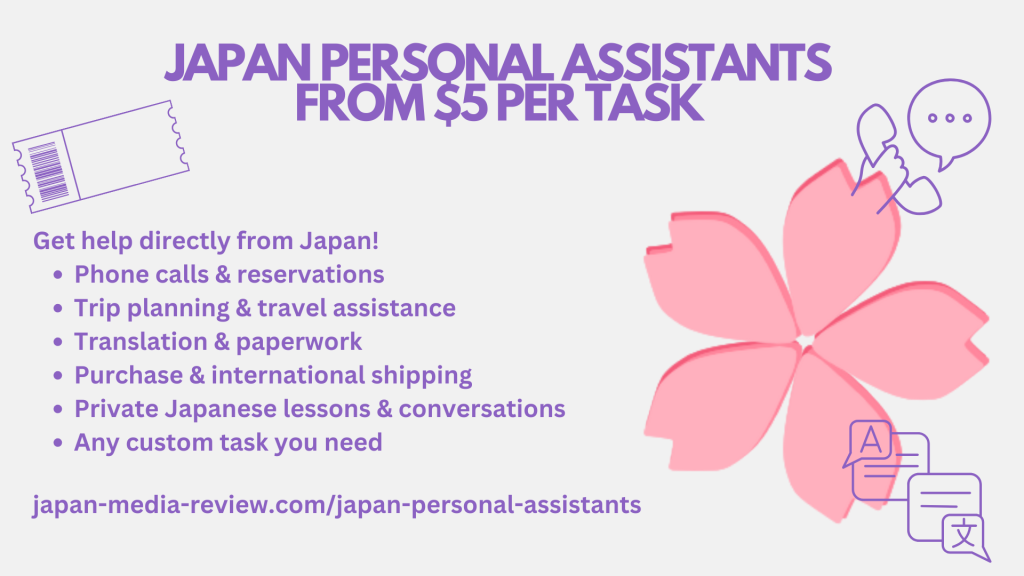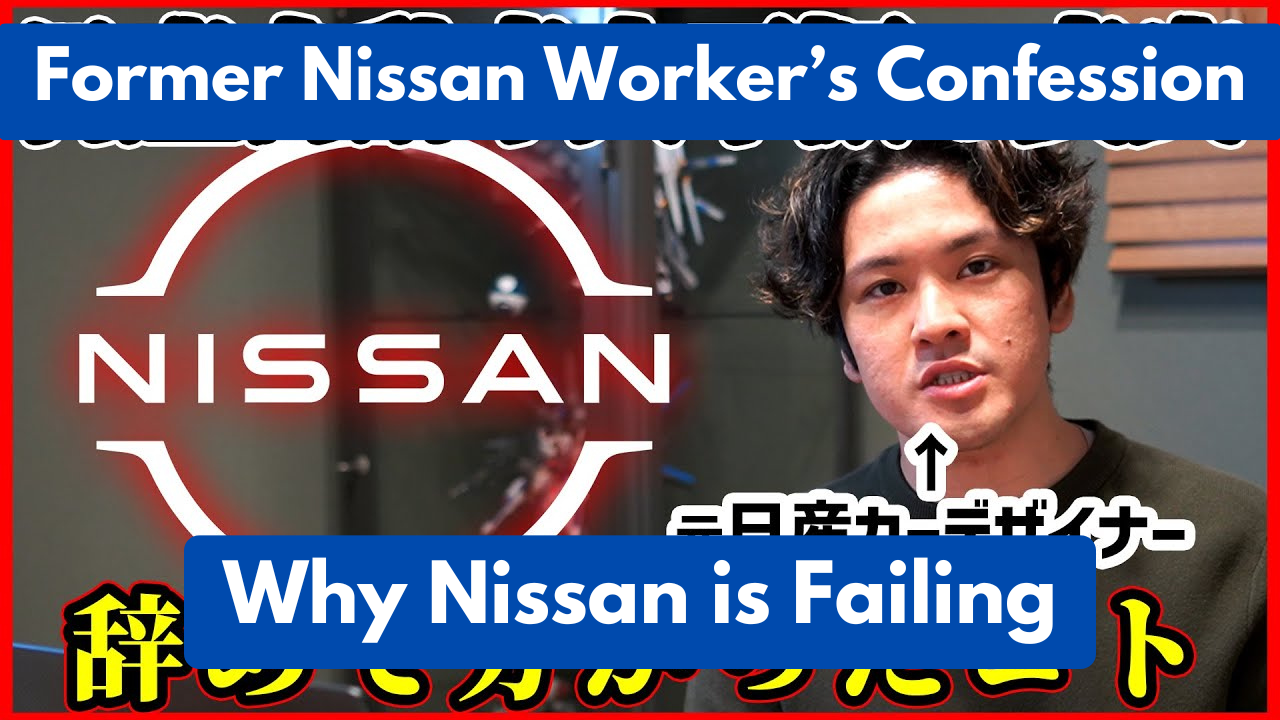Context
Nissan has been making national news for mass layoffs and financial problems. This man is a former designer at Nissan who gives his personal opinions on why Nissan is failing.
Highlights
- Post-Ghosn Era Challenges: Carlos Ghosn’s leadership and charisma were crucial to Nissan’s success, and his departure left a vacuum that subsequent leaders failed to fill. Without a strong public image or effective strategy, Nissan is seen as a generic car brand compared to charismatic competitors like Toyota.
- Failed Hybrid Technology: Nissan’s hybrid technology, e-Power, failed to meet expectations due to poor fuel efficiency and performance on highways, making it unsuitable for long-distance travel. Miscommunication about the name and concept further hindered its market success, especially overseas.
- Internal Bureaucracy: Nissan’s cumbersome bureaucracy significantly slows down decision-making and innovation, causing delays in technology development compared to more agile competitors.
- Weak Company Culture: Nissan’s competitive and cut-throat culture has driven away talent, unlike Honda’s family-like atmosphere that inspires loyalty and commitment. Among peers, Nissan has the weakest company culture, which impacts employee morale during crises.
- EV Market Misstep: Nissan’s heavy focus on EVs coincided with global competitors like Tesla and Chinese automakers entering the market, leaving Nissan struggling to find a competitive edge. Its traditional brand image lacked appeal in the futuristic EV space.
Translation
The former Nissan worker identifies five factors behind Nissan’s struggles.

- Post-Ghosn Leadership Void
The company never recovered its former glory after the former CEO Carlos Ghosn’s arrest and departure. Ghosn’s arrest severely damaged Nissan’s stock price, and the price never recovered ever since. Ghosn’s personal charisma and leadership style were crucial to Nissan’s glory during his reign; none of his successors could rise up to his level. Nissan leadership after Ghosn has been unable to put forward a charismatic image to the public. On the other hand, the leaders of Toyota are able to woo the public with charisma and great PR. Toyota’s leadership is able to convey the message that Toyota is a company for those who are truly passionate about cars. In the post-Ghosn era, Nissan’s leaders have no effective strategy to establish a unique public image, and the public sees Nissan as just another generic car brand. - Failed Hybrid Technology
Nissan invested a lot of money and time into developing a hybrid car technology called e-Power, but e-Power turned out to have fatal flaws in fuel efficiency and ability to maintain high speed for a long time. E-Power turned out to be unsuitable for long-distance travels on highways. The only cars that could take advantage of e-Power were cars meant for short-distance travels. Cars that use e-Power for long-distance travels are much less fuel efficient than competitors, namely Toyota. In the overseas market (e.g. USA), e-Power’s weakness in handling long-distance travels on highways is fatal. Due to the severe technical limitations, Nissan has been unable to recuperate the huge investment it made in developing e-Power. The name “e-Power” is also confusing. Customers don’t understand that it means hybrid. They just think it means EV. - Inefficient Bureaucracy
Nissan’s internal bureaucracy makes doing things extremely slow and difficult. Even for internal activities with no impact on the customers, it takes a long time and many layers of approval to get anything done. It takes much longer for Nissan to develop a technology than other competitors. - Weak Company Culture
Compared to Honda, Nissan’s company culture is very cut-throat and competitive, which has led to many talents leaving. Honda has a friendly and family-like company culture. Honda also has a very strong culture centered around worshiping its founder Honda Souichiro and the “Honda spirit.” In contrast, Nissan doesn’t have a strong culture that makes people want to stay. When the company is in crisis, Honda employees would do everything to save the company, but Nissan employees don’t care as much. Among Honda, Nissan, Suzuki, and Mazda, Nissan has the weakest company culture. - Challenges in the EV Market
Nissan was unlucky in choosing EV as its core competitive strategy. Shortly after Nissan decided to go all-in on EV, China, the USA, and Europe also began heavily investing in making EVs, which made the field super competitive. Nissan just couldn’t find its competitive edge in the EV market against all its formidable foreign competitors. The EV market prefers new companies with futuristic images like Tesla over traditional brands like Nissan. Nissan’s brand and image have little appeal to EV buyers.
Support us with a one-time donation!
Tired of learning about Japan through Western interpretations? Japan Media Review translates Japanese media to show you what Japan is really talking about.
Bluesky Social: @japan-media-review.bsky.social
YouTube: https://www.youtube.com/@JapanMediaReview
Exclusive content on Patreon: https://www.patreon.com/c/JapanMediaReview



Very interesting perspectives. Thank you!